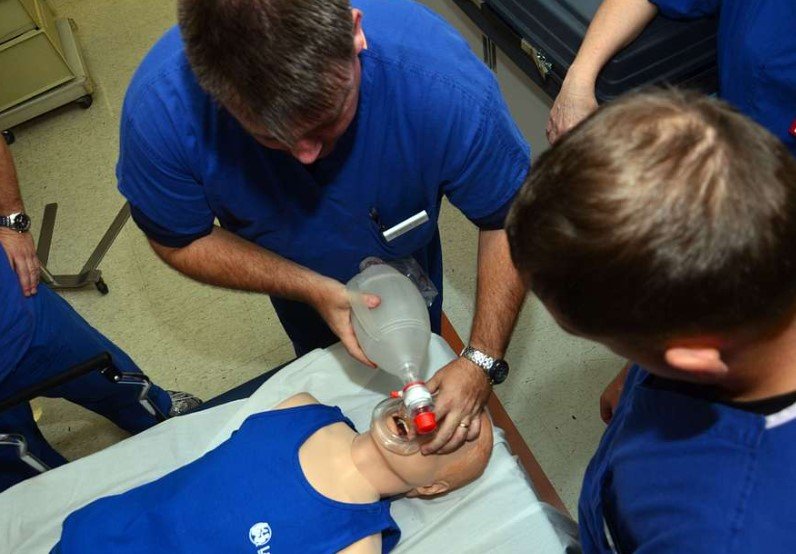Georgia’s rural communities are facing a worsening health care shortage, leaving residents with limited access to essential medical services. Mercer University School of Medicine (MUSM) is stepping up to address the crisis, training medical students through immersive experiences that prepare them for careers in underserved areas. With a focus on community health and hands-on clinical training, Mercer is shaping future physicians to serve where they are needed most.
Learning Beyond the Classroom: The Population Health Rotation
Medical school is often associated with textbooks, lectures, and standardized patient simulations. But Mercer has taken a different approach, integrating population health education early in the curriculum. This initiative shifts the focus from individual patient care to broader community health concerns, teaching students to assess and address factors that impact public well-being.
The curriculum covers a wide range of topics, including health disparities, rural medical challenges, epidemiology, and cultural competence. These foundational lessons set the stage for real-world application during a three-week population health rotation in a rural community.
During this rotation, students engage directly with local residents, conduct interviews, and assess public health needs. This isn’t just an academic exercise. Many students go on to design and implement service projects aimed at improving rural health care, returning in their fourth year to put their ideas into action.

Stepping Into Rural Clinics: The Clerkship Experience
Classroom learning can only go so far in preparing future doctors for the realities of rural medicine. Mercer’s third-year students rotate through six core specialties, gaining hands-on experience in family medicine, internal medicine, pediatrics, obstetrics and gynecology, general surgery, and psychiatry. But what sets this program apart is the required rural clerkship experience.
Students must now complete at least two weeks of their core rotations in a rural medical facility. That requirement will double to four weeks for the class of 2028.
A network of 17 rural medical centers across Georgia has partnered with Mercer to provide training sites for this initiative. These hospitals and clinics expose students to the challenges of rural health care while connecting them with mentors who understand the unique demands of practicing outside urban centers.
Why Rural Training Matters
Rural medicine is vastly different from urban and suburban health care settings. In smaller communities, physicians often play multiple roles, providing a mix of primary care, emergency treatment, and even surgical procedures. The exposure students receive through Mercer’s program highlights both the challenges and rewards of working in these environments.
Some key benefits of the rural clerkship experience include:
- Increased clinical responsibility, with students assisting in a wide range of procedures
- One-on-one mentorship from experienced rural physicians
- Opportunities to build long-term professional connections in Georgia’s health care system
Dr. Jean Sumner, Dean of MUSM, emphasizes the long-term impact of these placements. “Mercer has always prioritized the education of rural physicians. By immersing students in these settings, we show them that they won’t be alone in their careers. There’s an entire network of dedicated professionals ready to support them.”
Georgia’s Need for Rural Physicians
The numbers tell a stark story. Georgia ranks among the worst states in the nation for physician availability in rural areas. Many counties have only a handful of doctors—or none at all.
Here’s a quick look at the current situation:
| Rural Health Indicator | Georgia Status |
|---|---|
| Counties without a hospital | 9 |
| Counties with no pediatrician | 63 |
| Counties with no OB/GYN | 79 |
| Counties without an internal medicine doctor | 48 |
MUSM’s training programs aim to reverse these statistics by encouraging students to build careers in underserved regions. More than 60% of Mercer’s medical graduates remain in Georgia to practice, and of those, over 80% serve in rural or medically underserved communities.
Building a Future for Rural Health Care
For many students, exposure to rural medicine is transformative. Some enter the program uncertain about working outside of city hospitals but leave with a deep appreciation for the personal relationships and broad skill set required in rural practice.
By combining population health education, real-world assessments, and extensive clinical training, Mercer is not just filling gaps in Georgia’s health care system—it’s building a sustainable workforce dedicated to improving medical access where it’s needed most.
